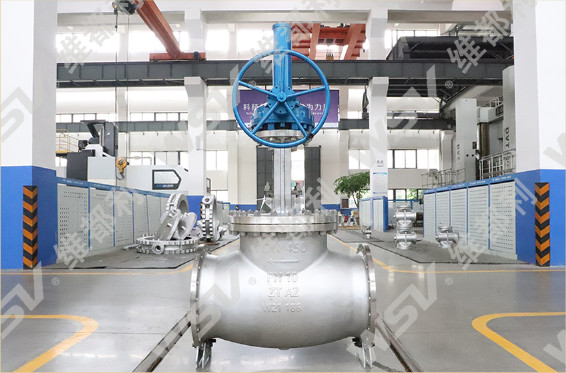A wrench is an essential tool in both professional and DIY settings, designed to provide grip and mechanical advantage for turning objects, typically nuts and bolts. With various types available, each suited for specific tasks, understanding the function and maintenance of wrenches is crucial for optimal performance. This article will delve into the different types of wrenches, their applications, and maintenance tips, while also discussing how wrenches relate to construction materials like geonets.
What are the different types of wrenches?
There are several types of wrenches, including:
- Open-end wrenches: These have two opposing jaws and are useful for loosening or tightening nuts and bolts in tight spaces.
- Box-end wrenches: These encase the nut or bolt head, providing a secure grip and preventing slippage.
- Adjustable wrenches: Also known as crescent wrenches, they have a movable jaw allowing them to grip various sizes of fasteners.
- Torque wrenches: Used to apply a specific torque to fasteners, crucial for ensuring proper tension and avoiding damage.

How do I choose the right wrench for my project?
When selecting a wrench, consider the following factors:
- Size of fasteners: Use a wrench that matches the size of the nuts or bolts you’re working with.
- Type of application: For confined spaces, an open-end or adjustable wrench may be more suitable, while a torque wrench is necessary for precision tasks.
- Material: Choose a durable material, such as chrome vanadium steel, for longevity and resistance to wear.
What are some common uses for wrenches?
Wrenches are versatile tools used in various applications, including:
- Automotive repair: Tightening or loosening bolts and nuts during maintenance.
- Plumbing: Connecting and disconnecting pipes and fittings.
- Construction: Assembling structures where precise fastening is required.
- DIY projects: General home repairs, furniture assembly, and more.
How can I maintain my wrenches to ensure their longevity?
To maintain your wrenches effectively:
- Clean regularly: Wipe off dirt and grease after each use to prevent corrosion.
- Store properly: Keep wrenches in a dry place, ideally in a toolbox or on a pegboard, to avoid damage.
- Inspect frequently: Check for wear, especially on the jaws and adjustable mechanisms, and replace any worn-out wrenches.
Wrenches are fundamental tools that serve a wide array of purposes in both professional and home settings. Understanding the different types of wrenches and their specific applications can significantly improve your efficiency in various tasks. Additionally, proper maintenance ensures these tools remain in top condition. When working on projects involving construction materials like geonets, the right wrench is crucial for assembling and securing components effectively. By selecting the appropriate wrench and following maintenance tips, you can enhance your tool collection and ensure successful project outcomes.
